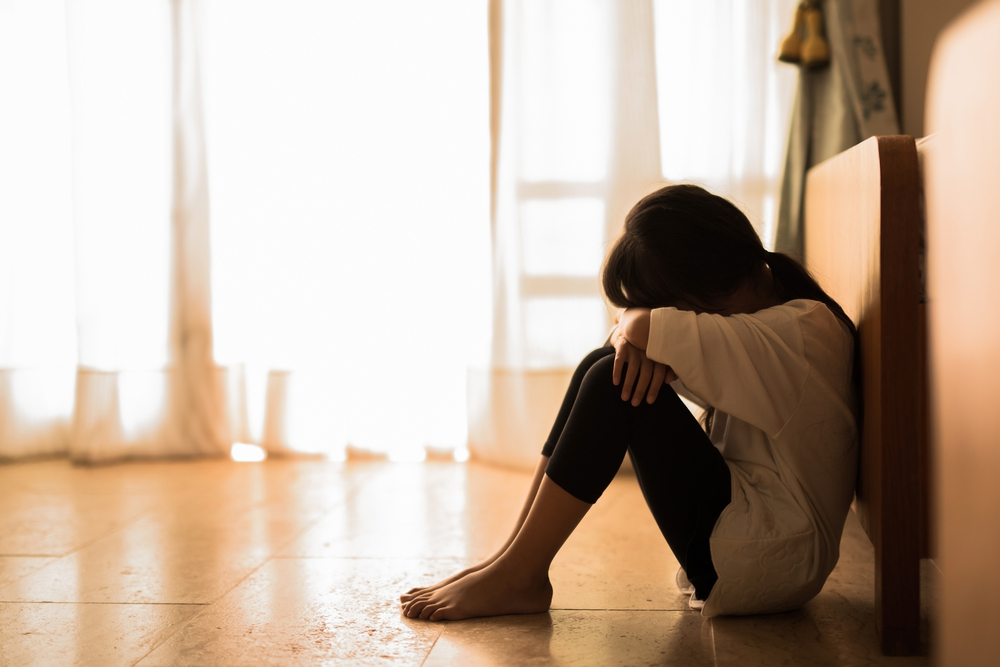What is a Domestic Violence Counselor?
Domestic violence is unfortunately a very common problem in the United States. Both perpetrators and victims require specialized therapy to help them break the cycle of abuse and learn how to engage in healthy relationships again. Domestic violence counseling is offered by those who are experts in helping people involved with domestic abuse to heal and move on from their trauma and avoid post traumatic mental health issues. Abusive relationships refer to those suffering from intimate partner violence. However, an abusive partner can show violent behavior in more ways than one. Abuse can be…
- Psychological abuse
- Physical abuse (physical violence)
- Sexual abuse (sexual violence)
What Does it Take to Become a Domestic Violence Counselor?
Domestic violence is a serious issue with some serious side effects. Because of this, extensive training is required before professionals can offer their counseling services.
The credentials needed to become a qualified professional who offers domestic violence counseling varies by state. Sometimes they are even determined by each unique organization. Some people are allowed to work in this field with a mere certificate, which can be earned in as little as two years. Some have a bachelor’s degree, often in social work or a related field. The highest paid professionals are those who have a master’s degree or doctorate.
What Are Some Career Options for Domestic Violence Counselors?
The field of domestic violence counseling has expanded significantly in recent years. Domestic violence counselors may work with abused spouses, children, partners, siblings, or any client that has suffered domestic violence – or perpetrated it. They may also facilitate group counseling discussions with both victims and abusers, work in domestic violence shelters, or as advocates for abused children, elderly victims, or disabled victims. Here are five careers that domestic violence counselors can pursue…
Featured Programs
Individual Therapist
This is a traditional role for domestic violence counselors in which the counselor principally treats victims of domestic violence on a one-on-one basis. These counselors may also treat abusers, some of whom may be court-ordered to treatment in lieu of jail time or in addition to it, dependent on the case. They will often have to treat mental health disorders that can stem from abuse, such as depression, anxiety, post-traumatic and complex post-traumatic stress disorders, and eating disorders, among others.
Group Facilitator
This position involves leading and facilitating group discussions of either domestic abuse survivors or perpetrators. The counselor may facilitate discussions on a variety of topics, such as emotional reactions to abuse or abusing, coping strategies, or empathy for victims. Support groups are a great place for victims to feel safe and share what they have gone through. They are also a great way to make friends and boost self esteem.
Educator
In addition to the therapeutic setting, domestic violence counselors may give seminars, lectures, and workshops on domestic violence and resources for domestic violence victims and survivors. They may lecture at schools and academies, libraries, community centers, or any other of a wide variety of venues. Educating victims and survivors on what constitutes domestic violence and how they can survive and even heal from it is considered a vital task in the role of the domestic violence counselor.
Youth Advocate
Domestic violence counselors may find work as youth advocates, which comprises a variety of duties. Youth advocates may investigate incidences of domestic violence against children and adolescents or interviewing them individually. They may also assist them in getting medical treatment for injuries, or even in representing them in court by testifying on their victims’ behalf. They may work in tandem with their district attorney’s office or child protective services in order to secure safety for young victims of domestic violence.
Shelter Counselor
Domestic violence counselors and therapists working in shelters for survivors will be responsible for overseeing their recovery, leading group therapy discussions, and treating individual survivors – and possibly also their family members – on a one-on-one or family therapy basis. They will assist victims and their families in understanding and recovering from their experience, and may work with victims to implement success plans for continued success once they leave the shelter.
There Are Many Career Path Options for Domestic Violence Counselors…
The role of the domestic violence counselor is a myriad one, and offers many opportunities for a wide variety of duties and experiences. Professionals working in domestic violence counseling all agree that the work is often extremely demanding, particularly for domestic violence counselors who themselves may have been victims. Regardless, each of these domestic violence counseling career paths is essential to healing survivors – and preventing future abuse by working to treat and inform both survivors and perpetrators of domestic violence. For more information on domestic violence counseling or other forms of counseling, be sure to check out the American Counseling Association website.


